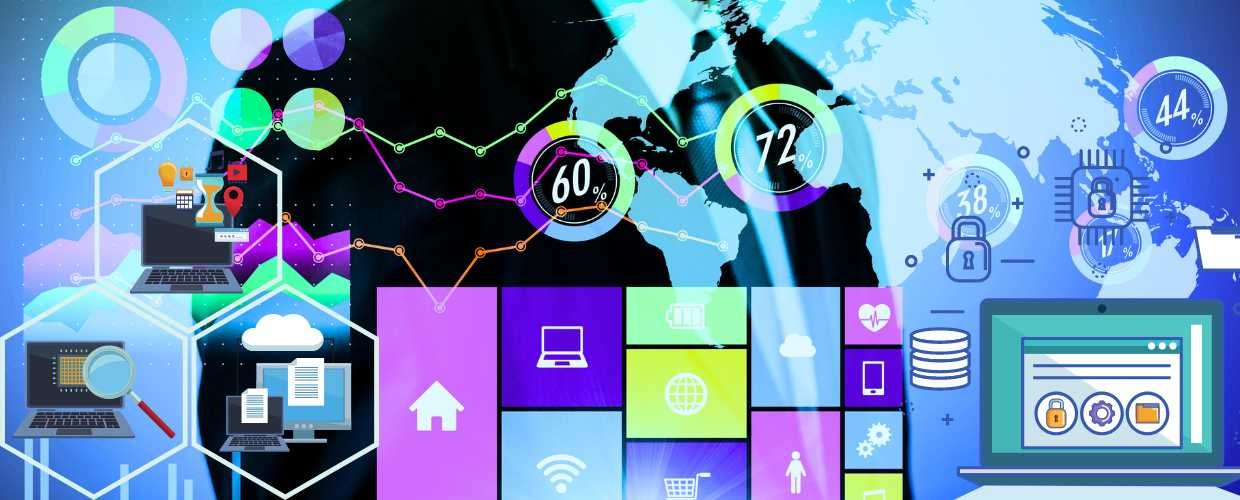In the fast-paced 21st-century landscape, few fields have seen as profound a transformation as Information Technology (IT). The evolution of IT has revolutionized nearly every aspect of our lives, shaping how we communicate, work, learn, and entertain ourselves. It has become the backbone of the digital revolution, propelling society into an era characterized by innovation and connectivity.
Observation of Information Technology
At its core, Information Technology encompasses various technologies, systems, and processes used to create, manage, store, and exchange information. From the early days of punch cards and mainframes to the current era of cloud computing and artificial intelligence, IT has continually evolved, expanding its influence across industries and disciplines.
One of IT’s most noticeable impacts is its transformation of communication. The advent of the Internet, email, and social media has bridged geographical gaps, allowing people to connect instantaneously across the globe. Video conferencing and messaging apps have become essential tools, especially in a world where remote work and virtual meetings have become the norm.
In the business world, IT has become the lifeblood of operations. Enterprise software systems streamline processes, manage data, and enhance decision-making. Customer Relationship Management (CRM) software and Enterprise Resource Planning (ERP) systems have become indispensable tools for organizations, enabling them to manage customer interactions and internal operations efficiently.
The rise of e-commerce is another testament to the impact of IT. Online shopping has reshaped retail, offering consumers convenience, choice, and access to goods worldwide. Payment systems and cybersecurity measures have evolved to ensure the safety and security of online transactions, fostering trust in digital commerce.
Education has also undergone a seismic shift due to IT. Online learning platforms, Massive Open Online Courses (MOOCs), and digital libraries have democratized education, making knowledge accessible to a global audience. The COVID-19 pandemic further accelerated the adoption of remote learning, highlighting the adaptability and resilience of IT in maintaining educational continuity.
Healthcare has seen remarkable advancements through IT, from electronic health records (EHRs) that improve patient care to telemedicine services that expand access to medical expertise. Wearable devices and health apps empower individuals to actively monitor their well-being, leading to more proactive healthcare management.
Despite its numerous benefits, Information Technology also faces significant challenges. Cybersecurity threats, data privacy concerns, and the digital divide remain pressing. Ensuring a secure and equitable digital future requires ongoing innovation and collaboration among governments, businesses, and individuals. As we look to the future, IT will continue to drive innovation and shape society.
Emerging technologies like 5G, quantum computing, and the Internet of Things (IoT) promise to push the boundaries even further. The ethical and societal implications of AI and automation will demand careful consideration and regulation.
Information Technology Market
The Techgolly market analysis team’s preliminary estimate is that the global Information Technology market was valued at USD 9,350 billion in 2024 and is projected to reach USD 16,564 billion by 2030. Growth will continue at a compound annual growth rate (CAGR) of 8% to 10% from 2024 to 2030.
Conclusion
Information Technology has become an indispensable force that underpins our interconnected world. Its influence spans communication and business to education and healthcare. As IT continues to evolve and adapt, we must harness its potential to benefit society while addressing the challenges it poses to ensure a secure, inclusive, and innovative digital future.





